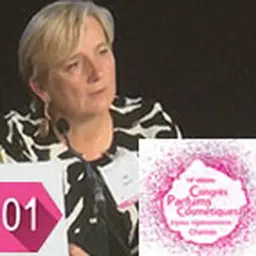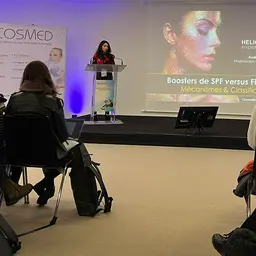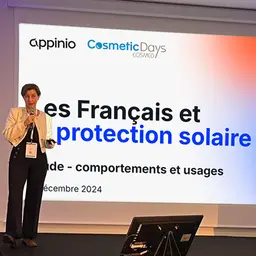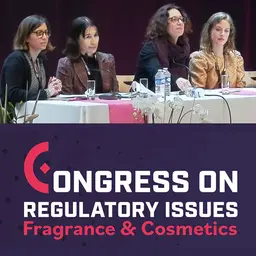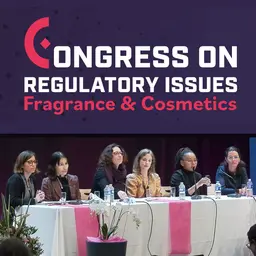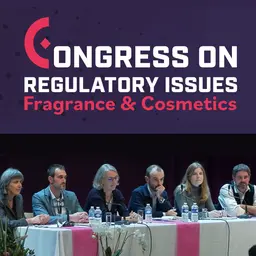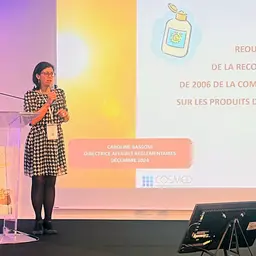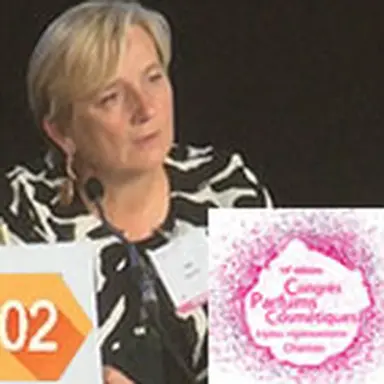
Several types of products fall within the definition of a personalized cosmetic product. At the Chartres Congress held by the Cosmetic Valley on November 16-17, 2016, once she had examined the case of products made at home or in a learning workshop, Anne Dux, Director of Scientific & Regulatory Affairs of the FEBEA (French Federation of Beauty Companies), dealt with products conditioned, or even made directly at points of sale. She detailed the related regulatory requirements and gave some advice to best meet them.
Second part of the article, How to market a compliant personalized cosmetic product (1/2)
Products conditioned at the point of sale
There is another category of personalized cosmetics that can raise a few regulatory issues: products industrially manufactured, but conditioned at the point of sale. It is exactly the case of perfume fountains or products consumers may come and ‘refill’ in store.
‘Of course, these solutions offer an advantage in terms of sustainable development,’
Anne Dux said,
‘since they make it possible to reuse the packaging, and that is the reason why there is no doubt they will develop even more.’
What status for the point of sale?
In this case, the product is manufactured in a plant, like the original single product, but it is conditioned in a carboy or a quite bulky package, and a filling point is set up in a physical store.
What is the regulatory impact? Due to the mere presence of the filling point, the point of sale is transformed into a conditioning facility. And beware: setting up a conditioning facility involves submitting a declaration of establishment to the ANSM!
Constraints as regards the refill
The term ‘refill’ has to do with the empty …

